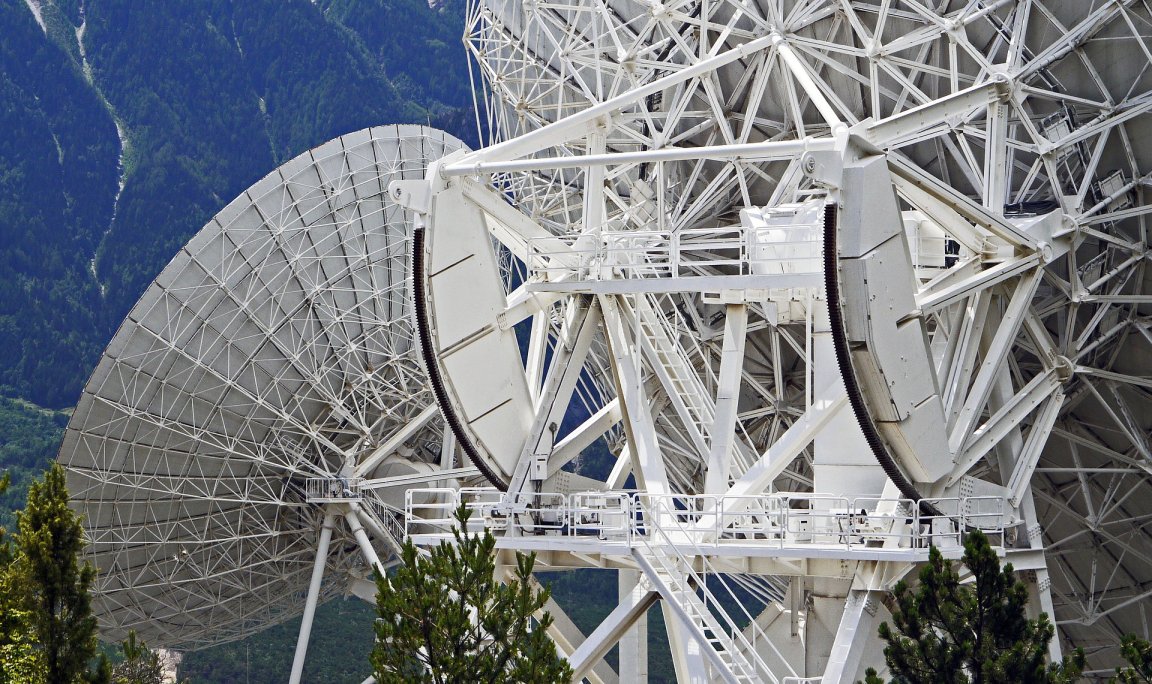
Proof of Alien Life
One of the most well known quotes regarding life in the universe aside from our own is from Sir Arthur C. Clarke, who once said: “Two possibilities exist: either we are alone in the Universe or we are not. Both are equally terrifying.”
We know next to nothing about intelligent alien life, including the probability of their existence. Yet, even the smartest people among us believe we’ll make contact, and sooner rather than later. When we asked our readers when this life-changing event could occur, we learned almost 50 percent believe (or at least hope) we’ll make first contact before 2040. 27 percent think it’ll happen even sooner, in the 2020s. Developments in technology have allowed us to better understand our universe and what’s in it, including the discovery of exoplanets that could contain alien life.
Making the First Move
We haven’t just been sitting around over the years hoping aliens will reach out to us first. We’ve made a number of attempts to call out to the stars, and have even made it possible for other intelligent species to find our home planet; plans to talk to those residing off-world have been around for much longer than we may think.
In 1820, astronomer Joseph Johann von Littrow proposed carving a series of large squares, circles, and triangles into the Sahara Desert, filling them with kerosene, then lighting them at night in an attempt to communicate with Mars. In 1896, Nikola Tesla suggested his device to transmit electricity without wires could be used to reach out to Mars.
More recent attempts like the Voyager 1 and Voyager 2 both contain pulsar maps leading to our location, and the Aceribo Message was beamed into space in 1974. As promising as they may sound, Frank Drake, creator of the original pulsar map, has said it’s unlikely the maps aboard the probes will ever be found, since they take half a million years to travel from one star to another, and they’re not aimed at anything specific. It’s equally unlikely the Aceribo Message will even get a response, though that hasn’t stopped others from sending messages of their own into space, like the European Space Agency did late last year.

Those are just simple messages and unmanned spacecraft, though. Surely people would be able to get it done sooner if they ventured out into the great unknown?
Unfortunately, even popular astrophysicist Neil deGrasse Tyson believes that to be far off. During a Reddit AMA in April, he explained that such contact between ourselves and other intelligent organisms is more than 50 years away.
“No. I think they (we) might all be too far away from one another in space and possibly time,” he said. “By complex, I’m presuming you mean life other than single-celled organisms. Life with legs, arms, thoughts, etc. It’s all about our capacity to travel interstellar distances. And that’s surely not happening in the next 50 years. Not the rate things are going today.”
The Best Way to Communicate
There’s no surefire way to reach out to alien life or to be ready when they call to us. That said, we can be as prepared as possible, and continue sending messages in various languages, but the latter is the hardest part. As New Atlas explains, such a message has to be recognized as harmless, but one worth paying attention to. More importantly, it has to be understandable — but how do you make something understandable when you don’t know the full extent of what an undiscovered form of life can comprehend? Messages like the aforementioned pulsar map and Aceribo message meet the requirements, but sending more messages like them has been met with opposition.
Physicist Stephen Hawking, who, while not against the idea of there being other life in the universe, believes we shouldn’t be so eager to let them know we’re here and what we’re capable of. He proposed the idea that whatever species we engage with could be “vastly more powerful and may not see us as any more valuable than we see bacteria.” This could lead to an unfavorable situation, potentially leading to our extinction or being conquered.

Fellow physicist Michio Kaku has also spoken on how to contact alien life, but suggests we may simply be unable to, due to our current technology and understanding of the universe. He once compared us communicating with intelligent alien life to ants trying to connect with us.
“If ants in an ant hill detect a 10-lane superhighway being built near them, would they understand how to communicate with the workers? Would they assume that the workers communicate only on ant frequencies? In fact, the ants are so primitive that they would not even understand what a 10-lane superhighway was.”
Regardless of our place in the universe, it’s clear that many believe we’re not alone, and that we’re on track to our first interaction. Now, it’s just a matter of being prepared, and making the most of it when it does happen.